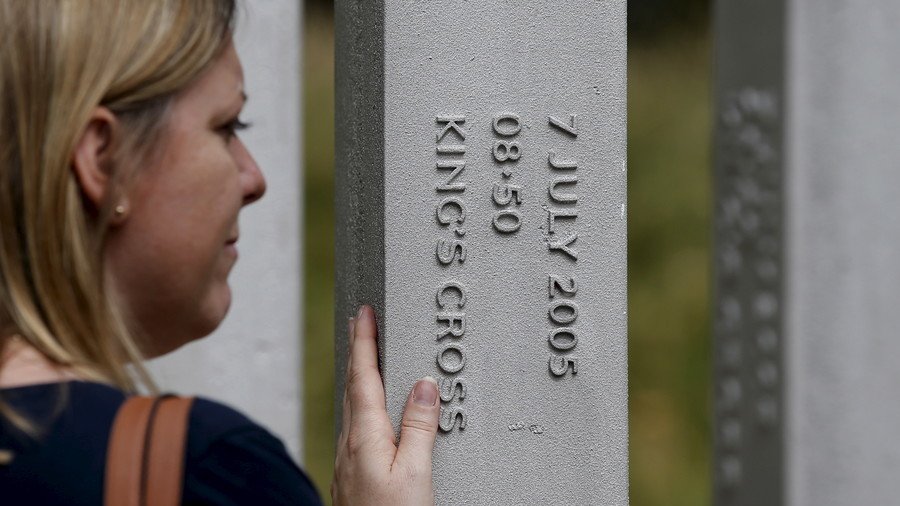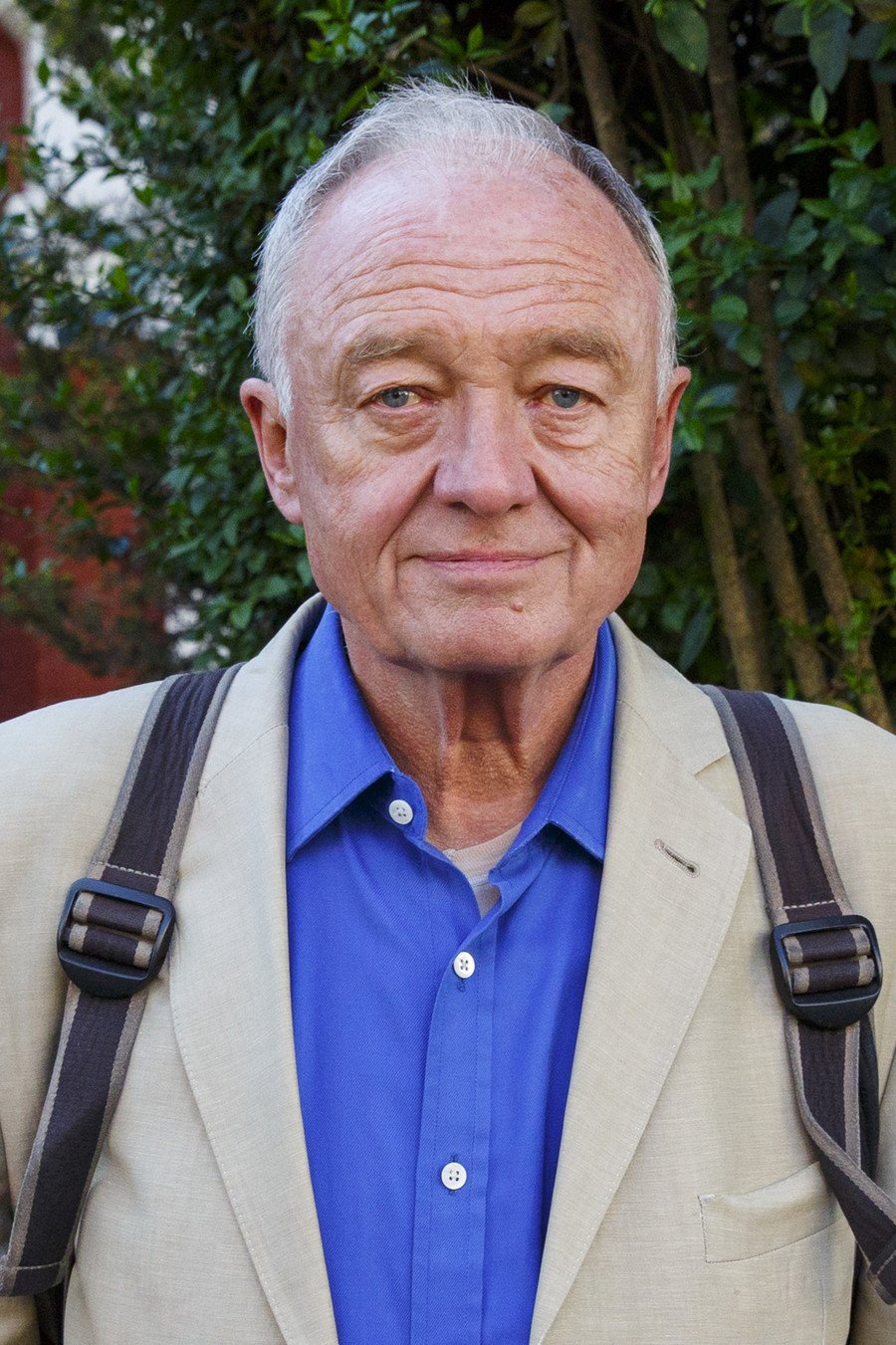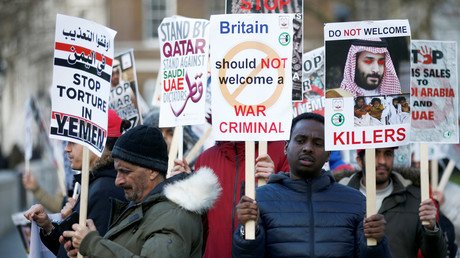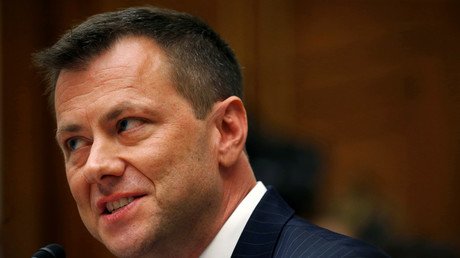Terrorism will never be stopped until its origins and sponsorship are understood

The global scourge of terrorism will never be stopped until we investigate what causes it, and uncover who funds it.
All around the world, we are still at risk of a terrorist attack by Islamic fundamentalists. For me, the trauma of the four bombs on our tube trains and bus in 2005 was devastating. Just a few weeks before, I had been warned by the head of MI5 that we were vulnerable and at risk. This was undoubtedly a legacy of Britain's involvement in the invasion of Iraq, as a statement was posted on an Islamist website saying that this was exactly why they had come to London to kill.
Undoubtedly the most crucial point in the creation of Islamic terrorists came in 1979. There had been a pro-Soviet government in Afghanistan but it was not in control of the whole country. In February of that year, the nation was descending into chaos as the US ambassador had been kidnapped and killed. In the next month, insurgents captured Herat, killing 100 Soviet advisers and their families, before parading their heads on poles.
On March 30, 1979, the key pentagon adviser, Walter Slocombe, told the White House that there would be big benefits for America if it could suck the Soviets into a Vietnamese-like quagmire in Afghanistan. Four months later, on July 3, President Carter authorized support for the Mujahideen. The Soviets were horrified to see the arrival of armaments for the rebels, but it did exactly what Jimmy Carter wanted and provoked the Soviet Union to invade Afghanistan.
A few years later, in 1987, I was being interviewed by Yuri Sagadak, a Pravda journalist based in London. The interview was about the decision of the USSR to withdraw from Afghanistan, where Soviet troops were still being killed by Mujahideen fighters funded by the CIA and the Saudi government. At the end of our discussion, Yuri asked why I was not exposing the nature of the Mujahideen, who he described as fanatics with no interest in Western democracy. He couldn't understand why the West was supporting people he felt were psychopaths, who would one day turn on their Western sponsors. Shortly after that interview, Yuri was expelled from Britain by Mrs Thatcher when it was revealed that he was a colonel in the KGB. In retrospect, however, what he had been saying about Afghanistan turned out to be true.
America had been funding the Mujahideen but even worse was the alleged financial support for Osama Bin Laden's Al-Qaeda, who were also fighting to overthrow the Soviet-backed government. President Carter's decision to drag the Soviet Union into a catastrophic war they couldn't win in Afghanistan may have helped to bring down the old Soviet government, but it also lit a fuse that led to 9/11 and the loss of thousands of lives in the Twin Towers.
The problem we face is not just that America and Saudi Arabia were prepared to fund terrorist groups to undermine the USSR's influence in Afghanistan. The history of Saudi Arabia spreading intolerance throughout the Muslim world goes back almost a century. Wahhabism represents the most hardline and intolerant interpretation of Islam. It originated in 1744 and was founded by Muhammad ibn Abd al-Wahhab.
The survivors of Wahhabism formed an alliance with Ibn Saud, the first king of the modern Saudi state. Throughout the 19th century, Wahhabism had been overwhelmingly rejected by the vast majority of Muslims and its only real influence was in Arabia. The Ottoman Empire constantly intervened to overthrow the Saudis and beheaded its leaders in 1818, but the struggle continued and the new leader, Ibn Saud, began the long struggle to create the Saudi Arabia we now know in 1902. He realized that an alliance with Wahhabism was going to be crucial in his coming to power. It took 30 years before he succeeded in creating Saudi Arabia, but throughout his struggle, he had the backing of the UK government against his two main rivals, the Rashids and the Hashemites.
There was no impact in the emergence of this new Saudi government, until oil was discovered in 1938 and, by the end of World War II, it was clear that a quarter of all the world's oil was under the control of the King of Saudi Arabia. As the oil wealth flowed into his government, he began to spend vast sums of money spreading Wahhabism throughout the Muslim world.
In the early 1950s, Britain's then-foreign secretary, Harold Macmillan, wrote in his diaries about his concern at the spread of Wahhabi influence around the world: "The Saudis are bribing everyone, right and left, and are turning the whole Arab world upside down. If something could be done to stop this it would be the biggest possible contribution to peace." By the 1990s it was estimated that the Saudis were spending around $3 billion a year promoting Wahhabism. This was being used to pay for the building of mosques, libraries and religious schools. As there is no other comparable source for new religious building for Muslims in many countries, Wahhabism has increasingly gained influence in shaping Islam around the world.
Sadiq Khan, the current mayor of London and a committed Muslim, recently said that as a boy growing up in London he never saw a Muslim woman with her face obscured, but now this is prevalent all over the world. This is one of the most obvious legacies of Saudi Arabia spreading its influence, but it's not just that the rights of Muslim women are being forced back into the dark ages, it has through organizations like Al-Qaeda led to the spread of terrorism around the world.
You would have expected, following the attacks of 9/11, that America would have put massive pressure on Saudi Arabia to stop funding Wahhabism, but it's never lifted a finger. Saudi Arabia remains the most important American ally in the Arab world and its oil production is crucial to much of the Western economy. It has also become a massive force for the spread of the most reactionary strand of Islam across the world.
Wahhabism has to be challenged, not just to prevent more terrorist incidents, but so that Muslims all around the world can achieve better lives and not be forced back into a medieval lifestyle.
Even today, the Saudis are leading the slaughter of Shia Muslims in Yemen using weapons still being supplied by the US and Britain. If we want to understand the true message of Islam, we should look to the final sermon of the Prophet Muhammad just days before he died: "…an Arab has no superiority over a non-Arab, nor does a non-Arab any superiority over an Arab. Also a white has no superiority over a black, nor a black any superiority over a white..."
"God created humanity from a male and a female and formed you into tribes and nations so that you may get to know one another." [Surah 49, Ayah 13]
There is clearly no way that Bin Laden could have claimed that his actions were the legacy of the teaching of the Prophet and, although Wahhabism continues to spread throughout the Muslim world, its reactionary intolerance similarly bears no relationship to the legacy of Muhammad. There is widespread concern among the Muslim community about the conflict between Sunni and Shia Muslims, which is so similar to the centuries of conflict between Protestants and Catholics. One Muslim recently told me that he feared that not only did the Wahhabists want to exterminate all Shia Muslims, but that he feared they would exterminate any Sunni Muslim who had not accepted Wahhabism.
Like this story? Share it with a friend!
The statements, views and opinions expressed in this column are solely those of the author and do not necessarily represent those of RT.

















